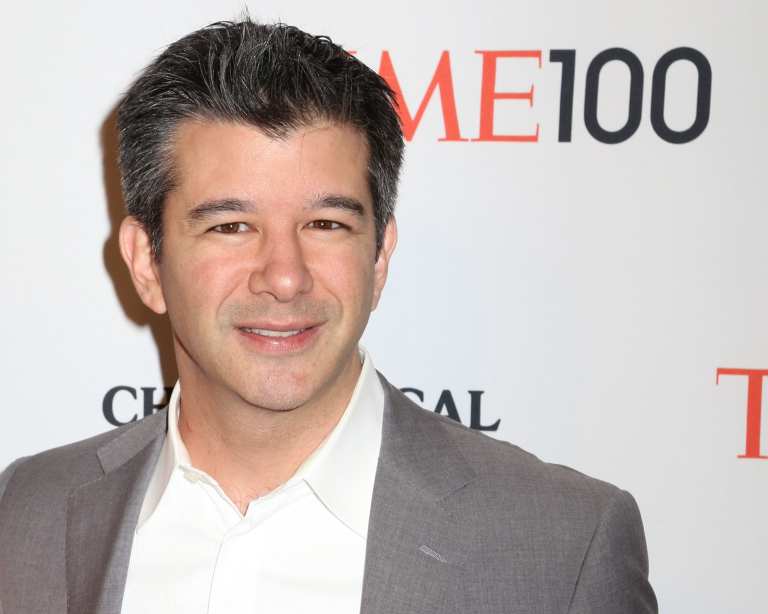Uber Ex-CEO Kalanick Now Owns Less Than 10 Pct Of Ride-Hailing Giant

Uber co-founder and former CEO Travis Kalanick is exiting his stake in the popular ridesharing company.
After months of selling off shares systematically, he is in position to completely exit the company within a matter of days at the pace which he’s been selling.
Since a lockup period expired last month, he has less than 10 percent of his share left, after selling $2.5 billion in shares.
Last week, he also dumped around $383 million in shares, leaving him with about stake of about $250 million remaining.
His selling is part of a Rule 10b5-1 plan, which allows insiders to sell at a predetermined time and price, so as to prevent people from using insider information to game the system.
This year has been Uber’s first as a public company, and Kalanick’s sales have been a hardship for them. The shares have rarely gone for more than its $45 IPO price. Recently, the number has shot down to around $31 per share.
The mass sales have raised questions as to Kalanick’s future as a member of the board. While other members of the board have also sold shares, none have done so at the pace Kalanick has.
Some have interpreted Kalanick’s actions as a vote of no confidence in Uber’s current management.
Kalanick, as of late, has also been doing work with his new startup CloudKitchens, which has been buying up real estate worldwide.
CloudKitchens focuses on providing rental space to restaurants in need of more space for delivery to customers. They buy unused buildings near city centers and convert them into kitchens that restaurants can rent specifically to make food to deliver to customers.
Earlier this year, Saudi Arabia’s Public Investment Fund funneled $400 million into Kalanick’s new company, which was the first time the fund made a major investment since the murder of U.S. journalist Jamal Khashoggi last year. The investment was one of the largest ever for a new startup.
CloudKitchens has locations in the U.S., China, India and the U.K. and is still growing.